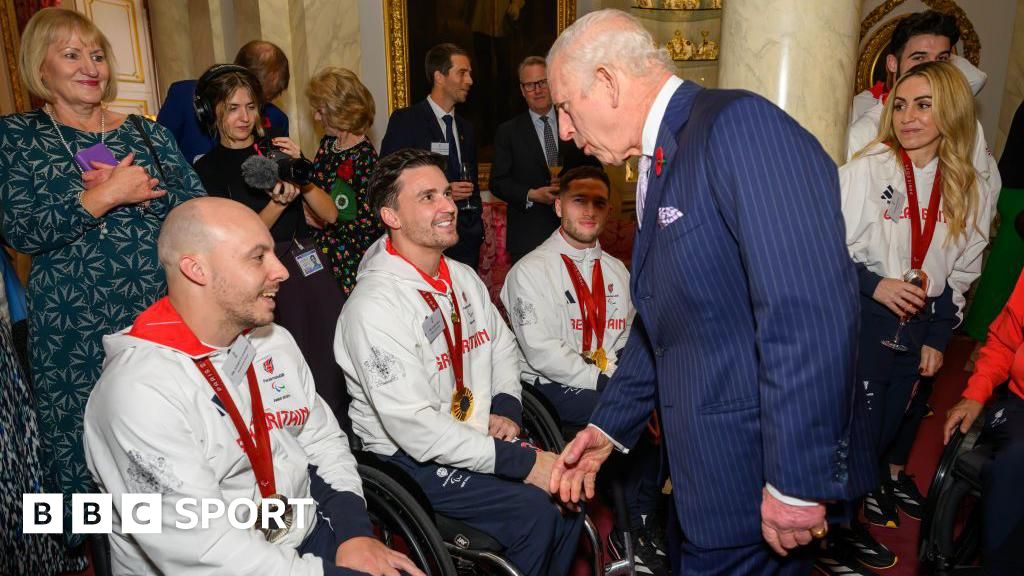Fitness
Bariatric surgery plays role in improving physical health

TOPEKA, Kan. (WIBW) – Dr. Wael Khreiss did the first bariatric weight loss surgery at Topeka’s Stormont Vail in 2018. A few weeks ago, he did the hospital’s 500th such procedure.
“Every patient is different,” Dr. Khreiss said. “Some patients, we’ve tried the diet, we’ve tried the medications, but for whatever reason, they’re doing everything they’re supposed to do but their body is resisting the weight loss – and that’s where surgery comes in.”
Dr. Khreiss said the procedures themselves haven’t changed much in the past six years. They all restrict the amount of food is able to eat at once and how calories are absorbed. What has advanced is technology, utilizing robotics.
“It’s a finer technology, it’s better visualization, better precision when you do the operation,” he said. “We’ve noticed that outcomes are slightly better and also that their recovery is slightly faster.”
Weight loss medications also have become more prevalent in recent years. Dr. Khreiss said they don’t replace surgery as an option. Medications can be costly, have side effects, and must be taken indefinitely to keep the weight off. Surgery has an effect the medications don’t.
“There’s some hormonal effect (of surgery),” he said. “We know some hormones that are secreted by the stomach organ itself can affect the brain’s perception of being hungry, being full, wanting to eat more, wanting to snack.”
Not that the surgery is a quick, easy fix.
“The operation is only a tool to help you lose the weight,” Dr. Khreiss said. “Any operation would fail if we don’t follow with the diet instructions, be active and exercise and avoid the bad habits that will make us gain our weight back.”
Dr. Khreiss said people shouldn’t be afraid to discuss weight loss medications and surgery with their doctor. It’s not about vanity. Obesity is a very real threat to your health.
“Diabetes, heart disease, liver disease, cancer – everything that comes with it,” he said. “It’s more than just I want to look good. This is more that if I don’t do this, I won’t be here five years from now to hang out with my grandkids and to hang out with my family and to do the things that we love.”
People have a couple chances to learn more about bariatric surgery.
Dr. Khreiss’ fellow surgeon, Dr. Partha Bhurtel, will lead the next Walk with a Doc program. It begins at 9 a.m. Saturday, Sept. 21, on the east side of Washburn University’s Lee Arena.
Then, on September 30th, Stormont is hosting a celebration of its 500th bariatric surgery milestone. The event runs 3:30 to 5:30 p.m. in the Pozez Education Center, 1505 SW 8th Ave. It is open to the community and is a chance to get information about obesity and related factors including plastic surgery, behavioral health, endocrinology and orthopedics.
Copyright 2024 WIBW. All rights reserved.







